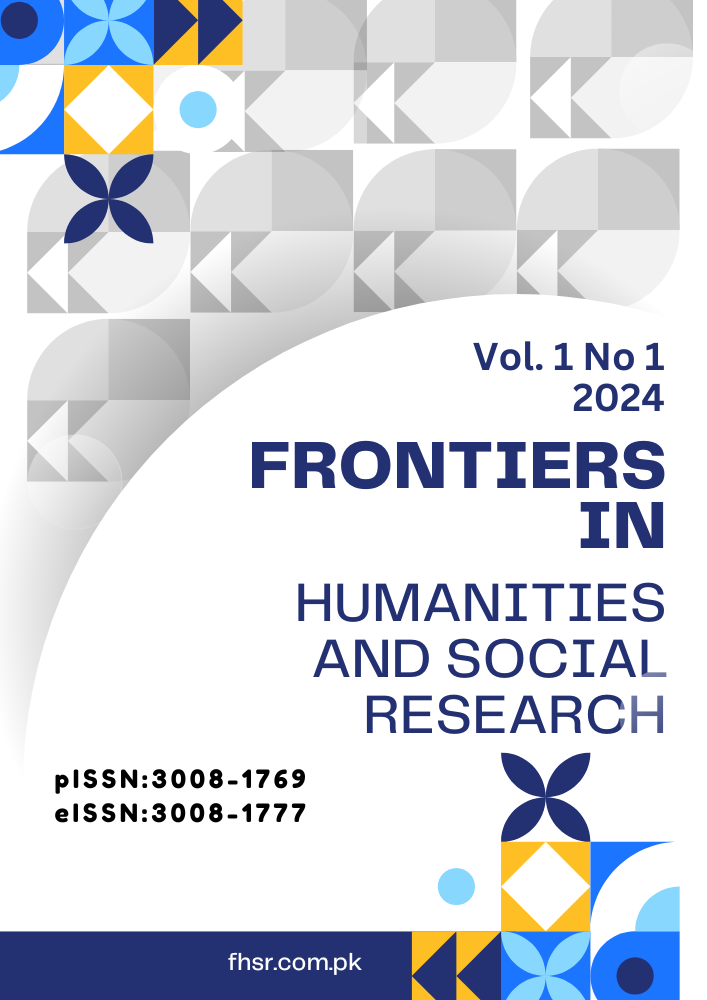From Papyrus to Profits: Tracing the Evolution of Labor Language in Ancient Manuscript Production
DOI:
https://doi.org/10.71465/fhsr193Keywords:
ancient manuscripts, scribes, labor language, papyrus production, scriptoria, economic history, social history, book tradeAbstract
This article examines the transformation of labor language used in the context of ancient manuscript production, tracing its evolution from the craft-based terminology of papyrus workshops to the profit-driven language of later scriptoria. By analyzing scribal contracts, workshop receipts, and literary references, the article argues that the shift in language reflects a fundamental change in the economic and social organization of manuscript production. In the early period, scribes were viewed as skilled artisans, with their work described in terms of artistic merit and dedication. However, as commercial factors gained prominence, labor-related language became increasingly depersonalized and commoditized, focusing on efficiency, output, and cost. This analysis not only sheds light on the changing economic realities of the ancient book trade but also offers valuable insights into the evolving social perceptions of scribes and their craft.




